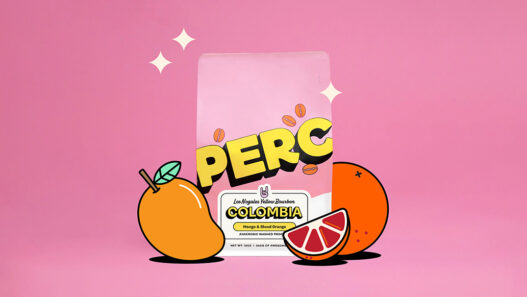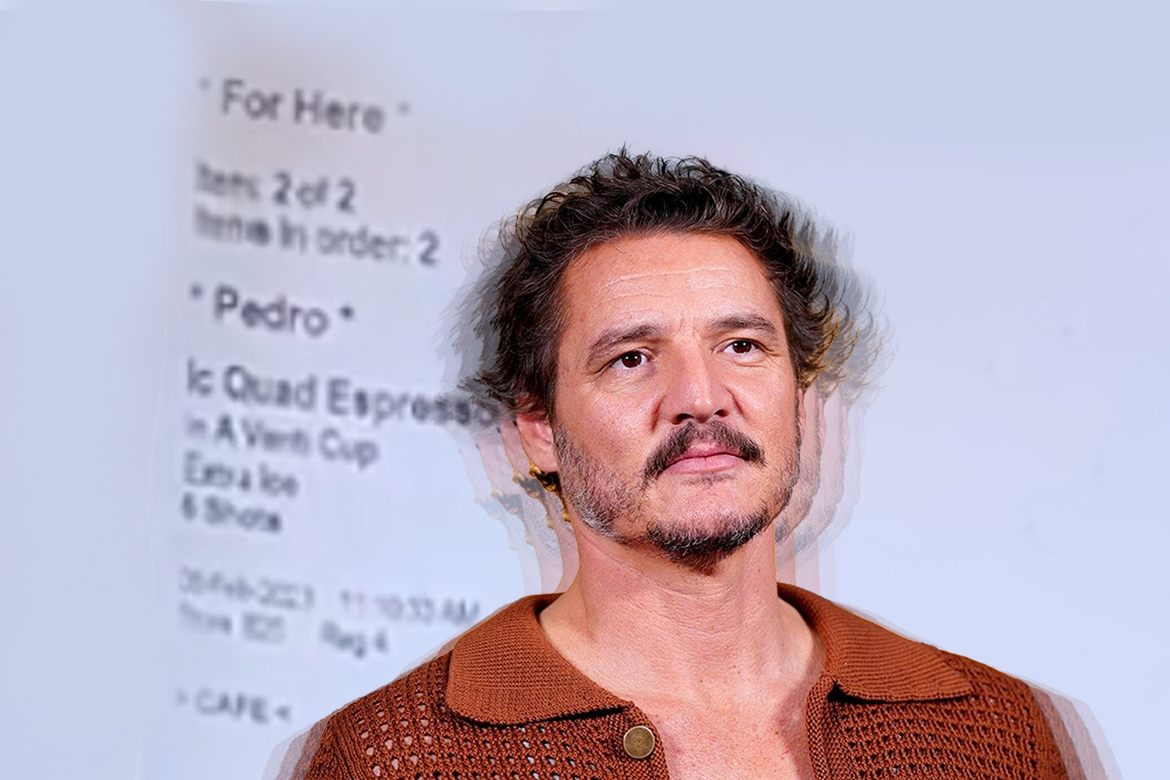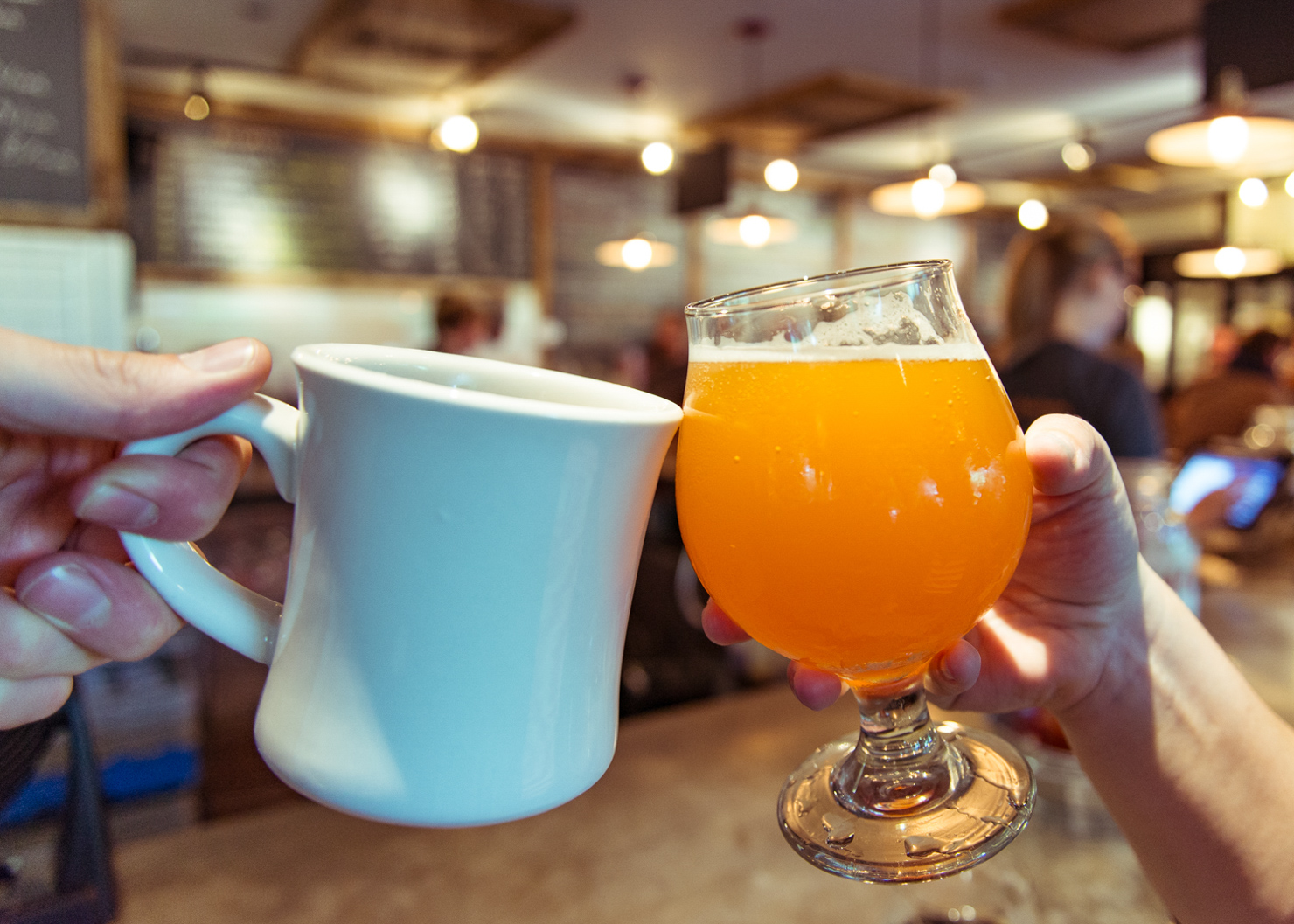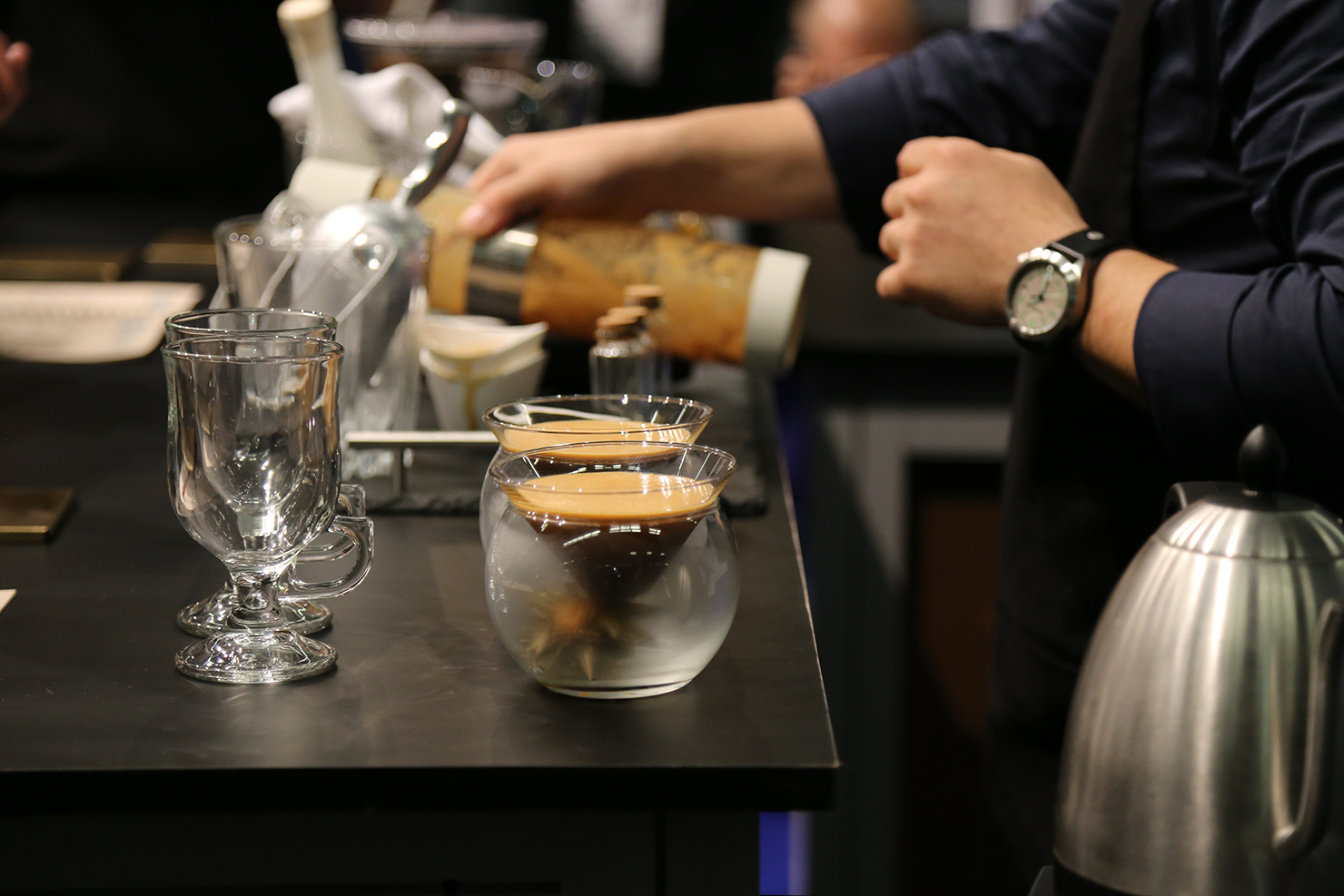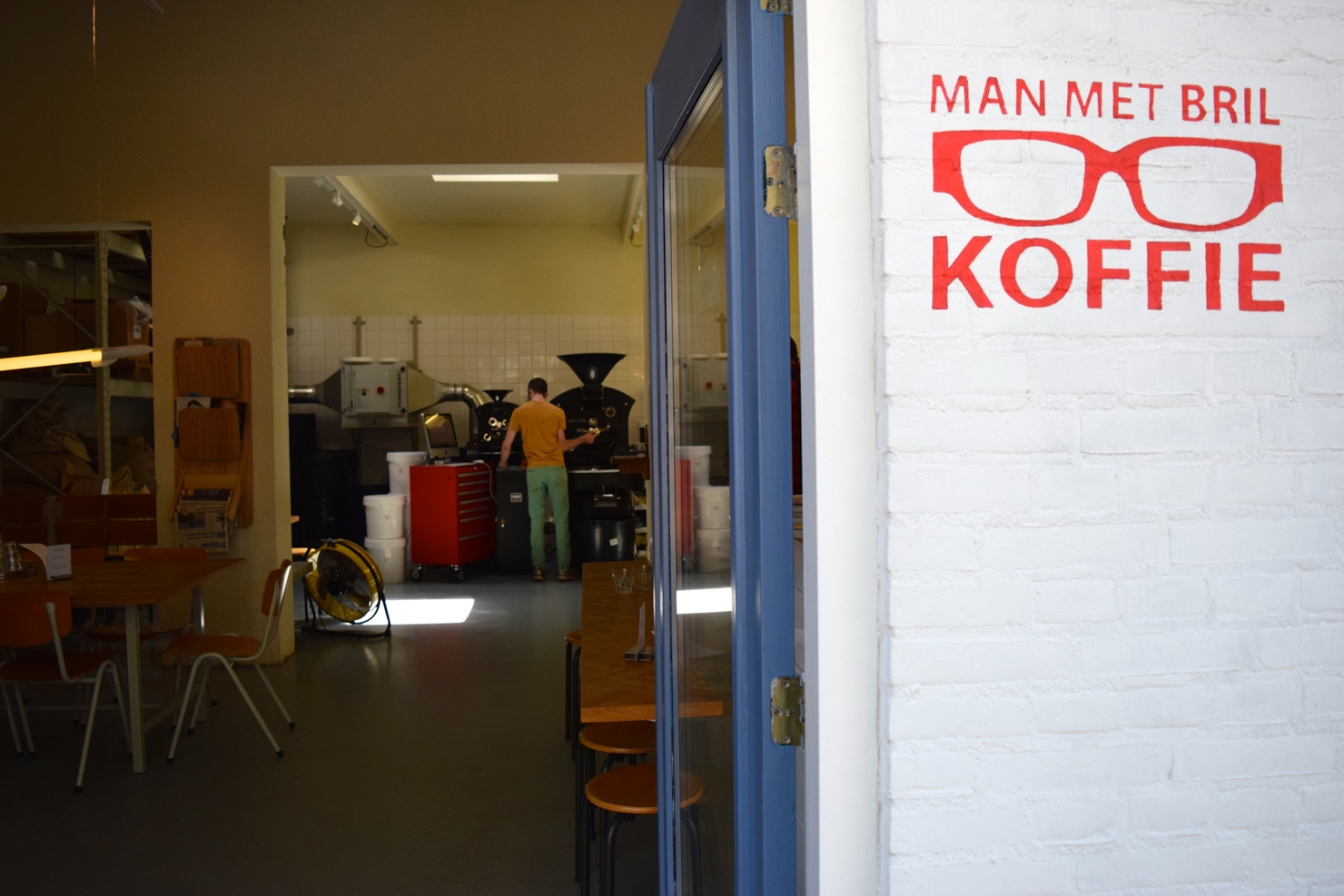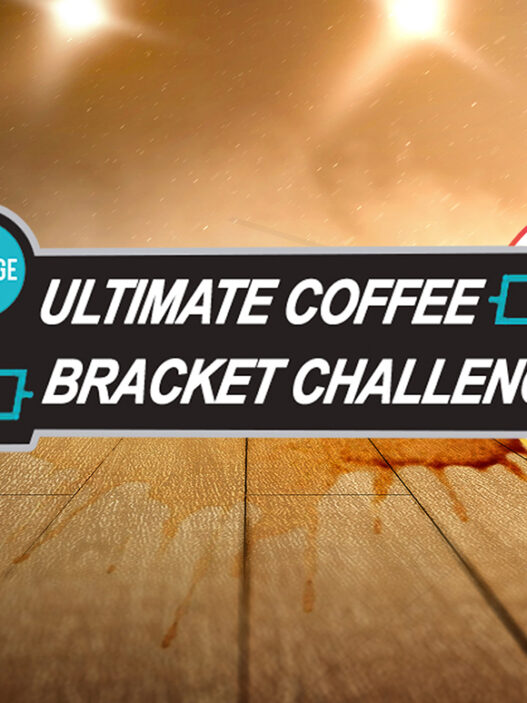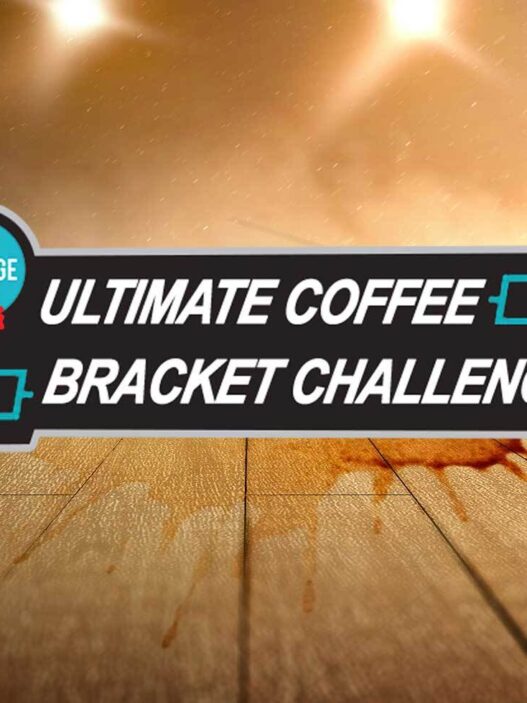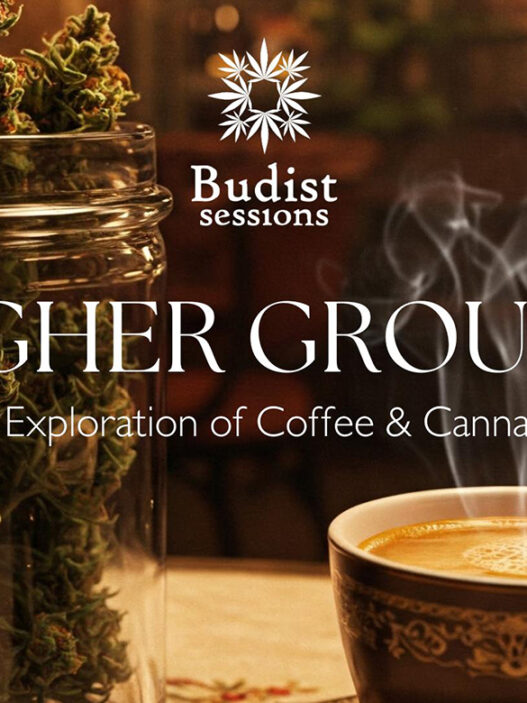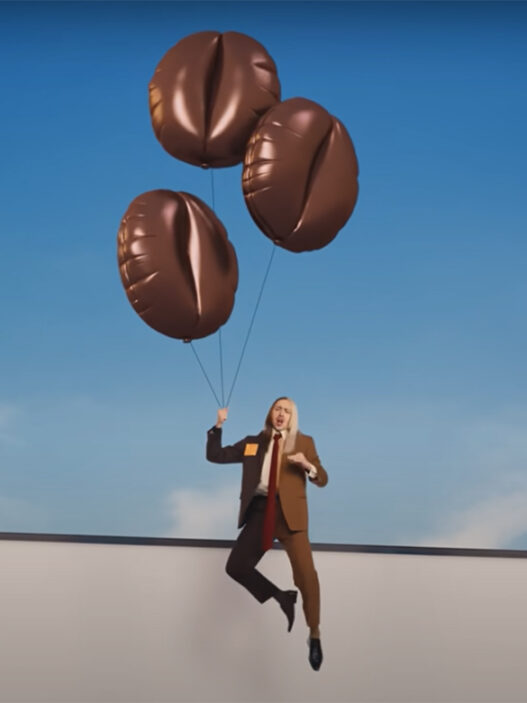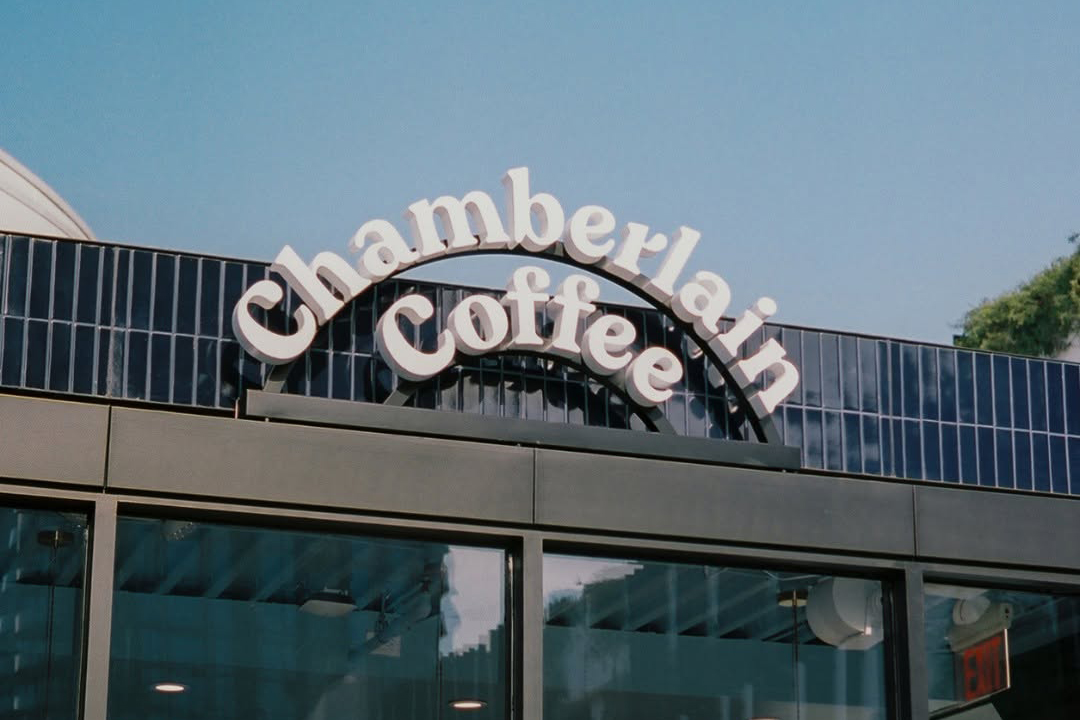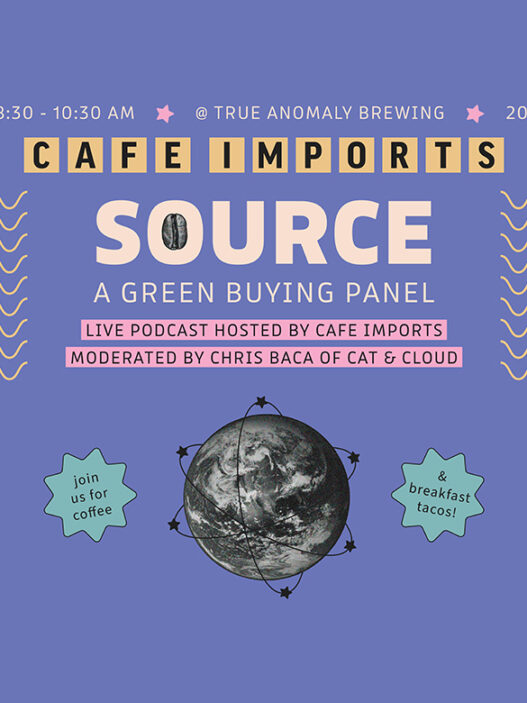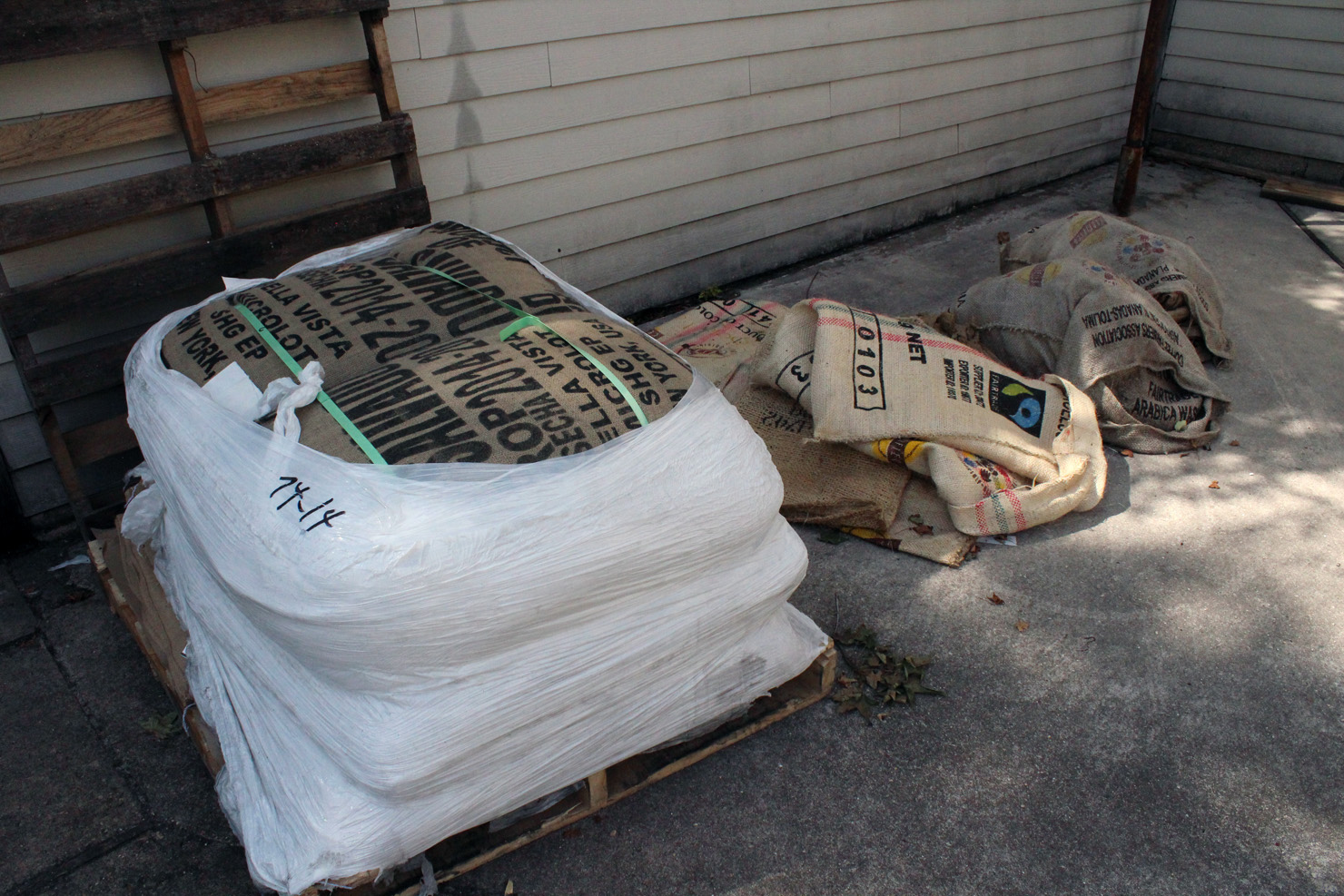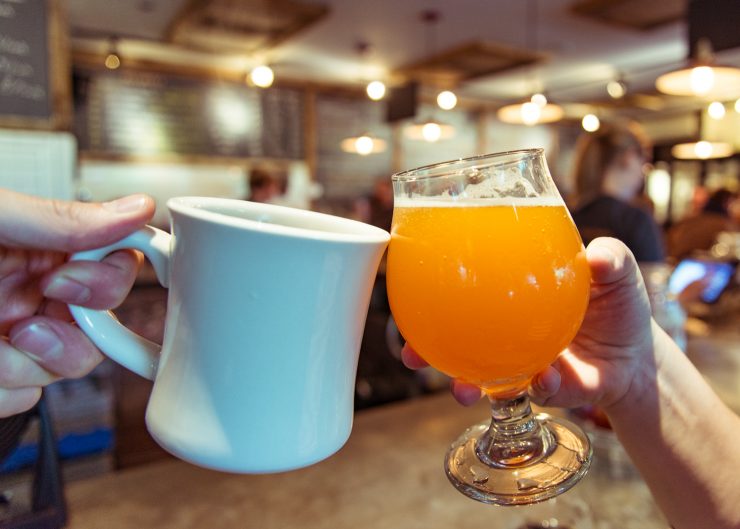
Coffee beer: it’s a no-brainer. Some of your favorite porters and stouts are probably brewed with coffee. At the very least their tasting notes will mention it; a lot of the roasted malt flavor jives with the undertones of a rich cup of coffee. The Drew Carey Show even had a plot line about it.
Having identified the overlap in drinkers who appreciate both quality coffee and microbrewery offerings, brewers have been teaming up more and more often with specialty coffee roasters in past years: Intelligentsia and Goose Island, Stumptown and Sixpoint, Coney Island Brewing and Café Grumpy, and recently Blue Bottle and Brooklyn Brewery—just to name a few.
But what if a craft brewery only made coffee beer? Could it possibly capture the hearts of the craft beer and specialty coffee communities?
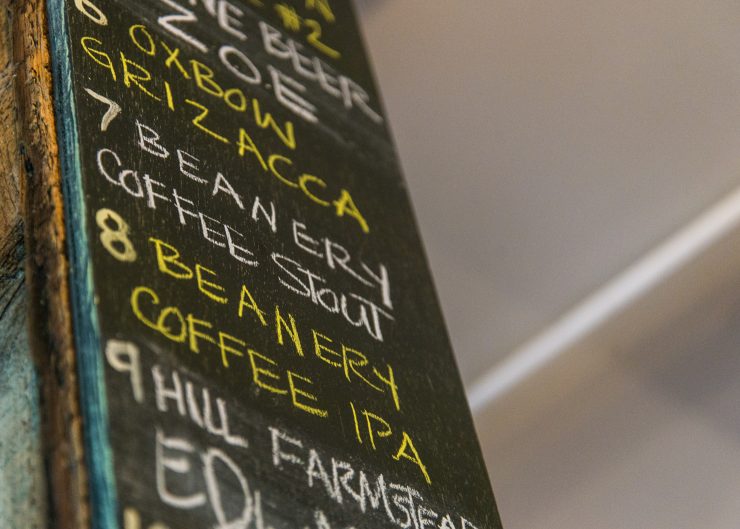
Beanery Brewing thinks it can.
Beanery Brewing casually brought together a team who individually have solid pedigrees in their fields, like a supergroup disguised as a garage band. The seeds were planted back in 2006, back when Dave Brodrick moved his bar, the beloved Blind Tiger Ale House, to Bleeker Street in Manhattan. Liquor license roadblocks led to an impromptu coffee program, helmed by Ian Campbell who cut his teeth in coffee at the now closed Hope & Union in Brooklyn. When Brodrick retired to Vermont, he took Campbell, then Blind Tiger’s manager, with him. In the Green Mountain State, they teamed up with Jason Merrill and Kurt Lessard to launch the successful Worthy Burger in 2012 and Worthy Kitchen in 2013.
Then in 2014, David Yarrington—Smuttynose brewmaster—had some brewing space in the newly ordained Smuttlabs. Yarrington had built a relationship over the years with Brodrick and knew that he was itching to start a beer company of his own. The five of them, along with the Blind Tiger’s Luke Manson in New York, are all partners in the Beanery venture.
The group’s love of coffee—good coffee—made the choice to focus on a combination of their two passions a logical one. They figured that rather than mixing in coffee, the beer itself could serve as the solvent to bring out the most interesting flavors of the coffee beans. They spent time figuring out the best way to integrate the two, and then brought in certified Q Grader Claudia Barrett of Flight Coffee Company in Portsmouth, New Hampshire (whom the Beanery team describes as their “Coffee Jedi”). She helps identify the right coffee bean for the target flavor profile, and supplies the roasted coffee for brewing.
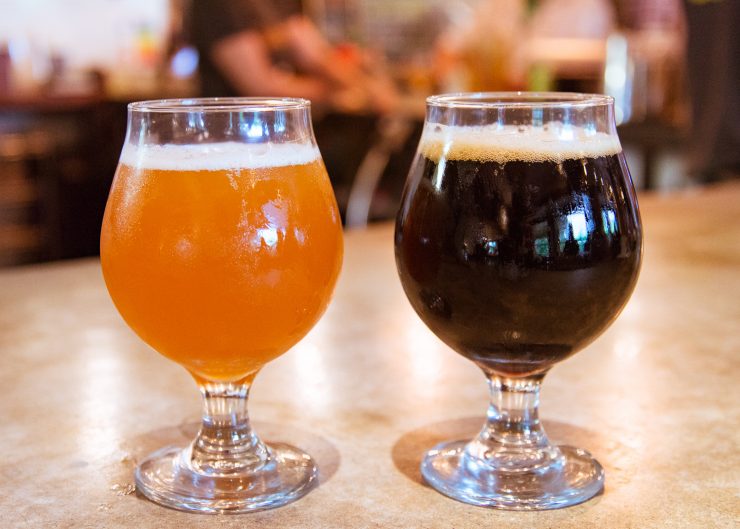
The integration of a Third Wave roaster means you won’t be drinking a beer that belies anonymously-sourced, over-roasted beans. But it’s not just the choice of bean and roast profile that makes a difference; a lot of work went into figuring out the best way to bring the coffee profiles to work in tandem with the beer. Tossing roasted beans wantonly in with the mash can result in the over-extraction of the coffee, leaving the beer taking on that unwanted bitterness. Where some brewers are circumventing this by mixing cold brew in with the brewed beer, Beanery’s trade secret recipe, Campbell and Brodrick explained, is not just a mix of coffee and beer; it involves brewing the coffee with the beer and includes dry-hopping the beer with whole beans.
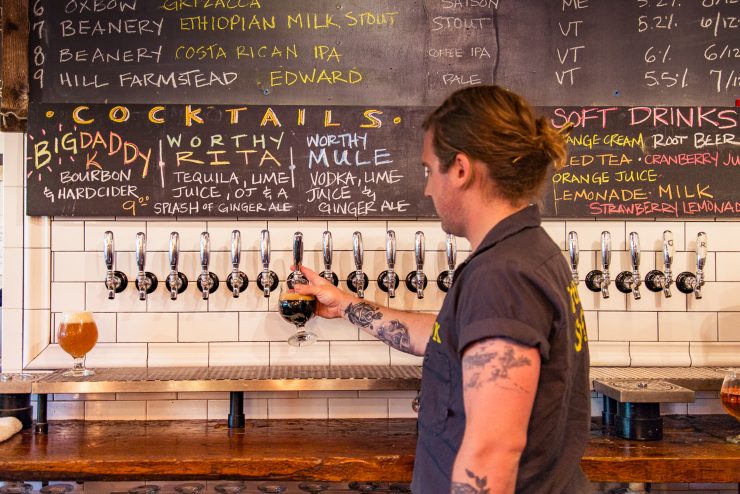
Beanery Brewing cares about coffee, and they’re on the forefront of bringing conscientious coffee production into the beer brewing world. For two industries that already see so much overlap, it’s frankly about time we’re seeing a broader marriage of specialty coffee and craft beer. And the future of this union tastes delicious.
D. Robert Wolcheck is a Sprudge contributor based in New York City. Read more D. Robert Wolcheck on Sprudge.




